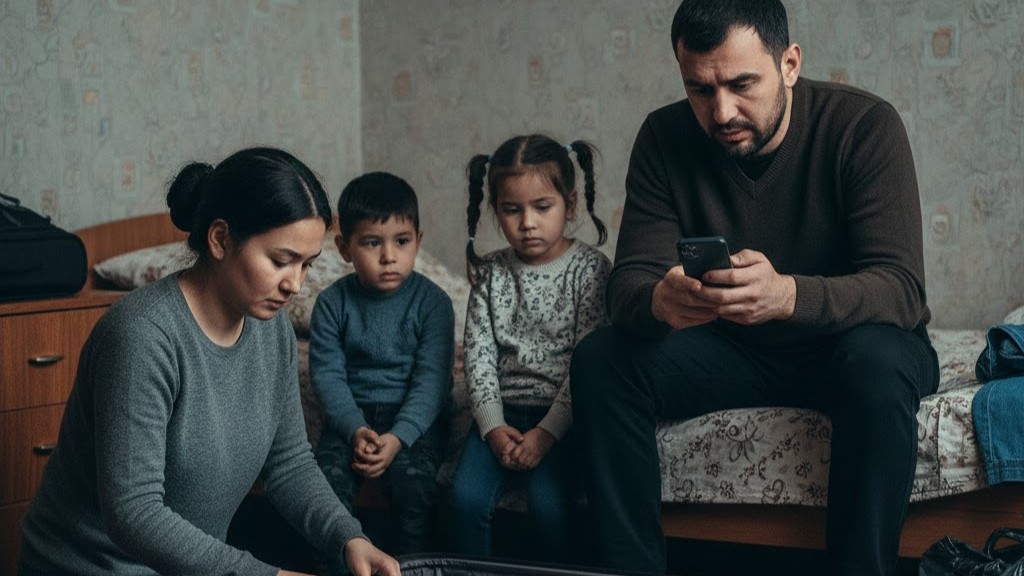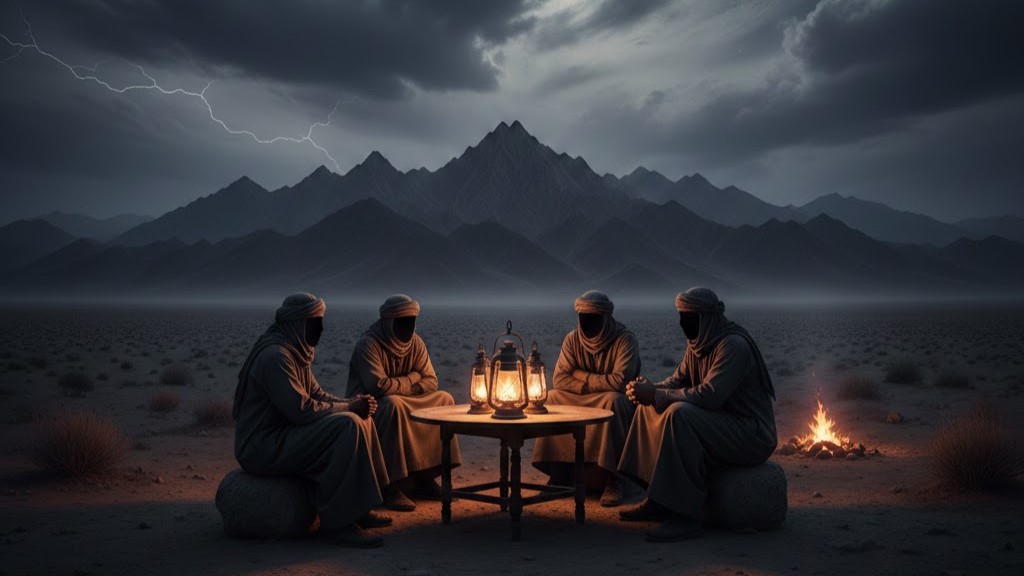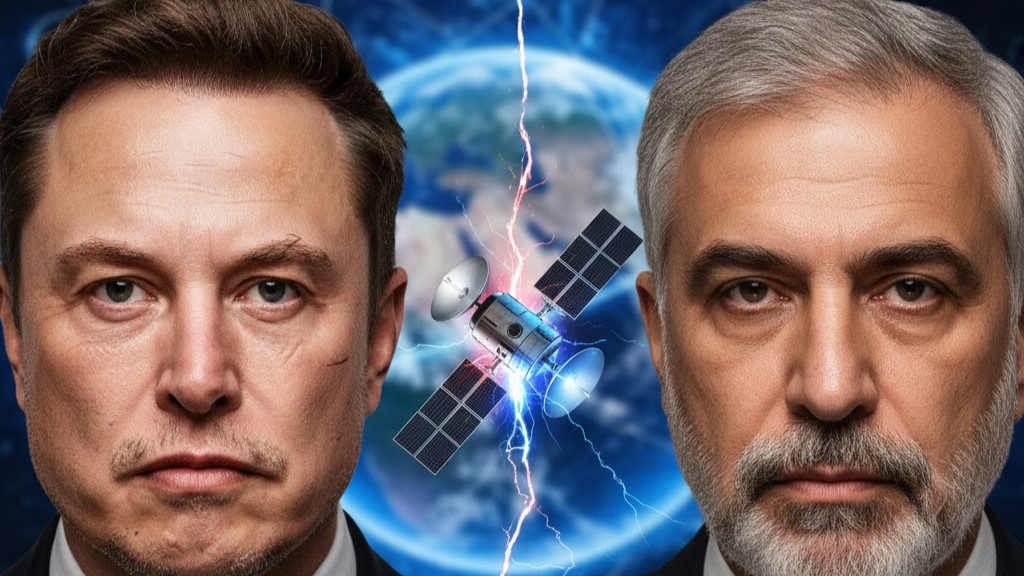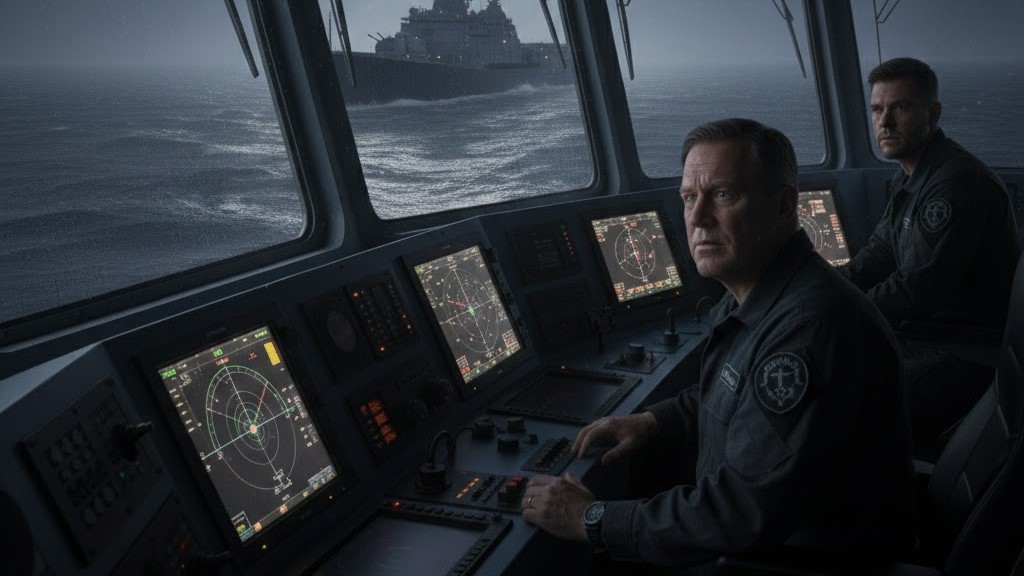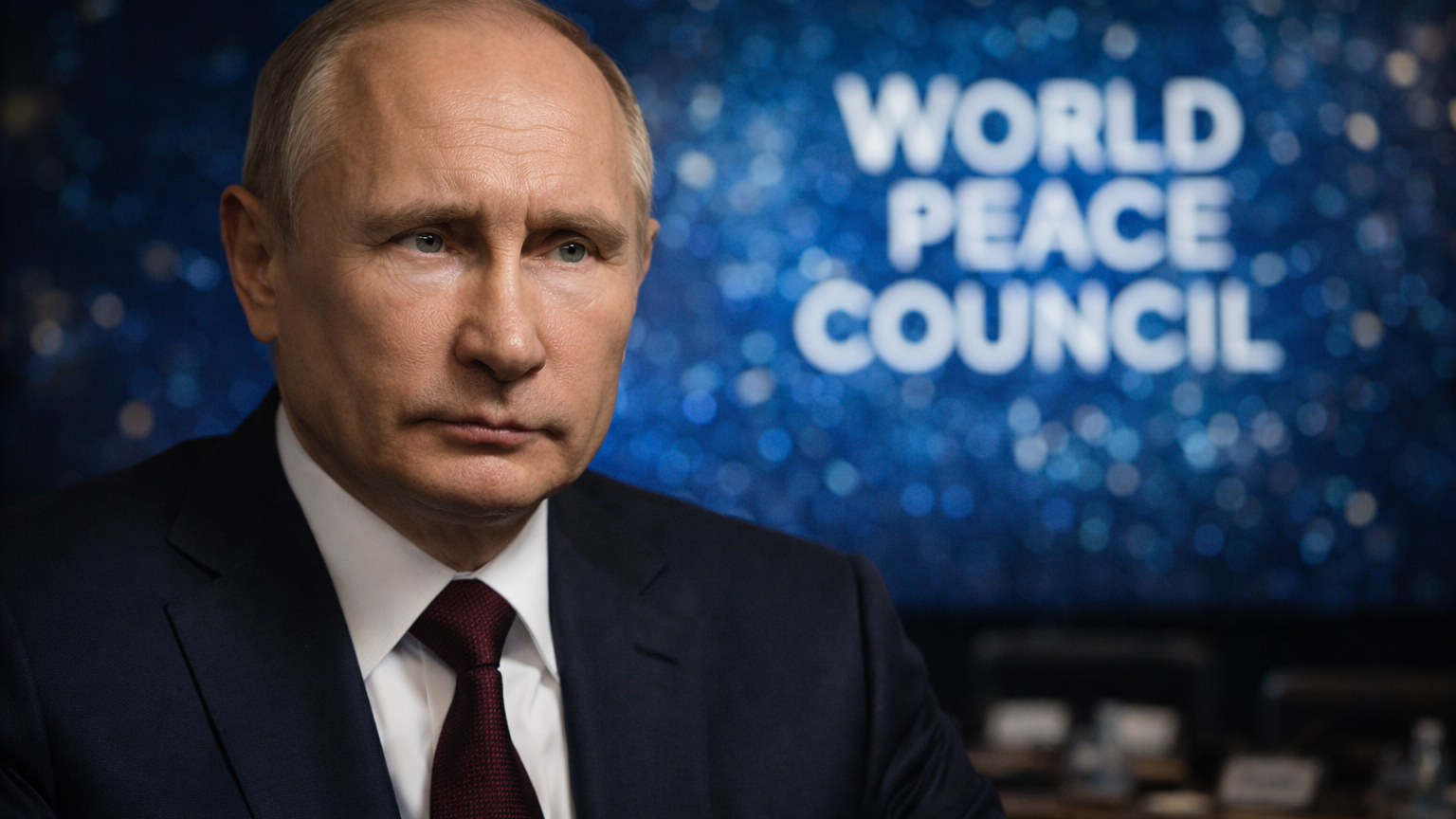When Social Support Turns Into a System
Fuel Crisis in Crimea: Why Gas Stations Are Empty and Authorities Sound the Alarm
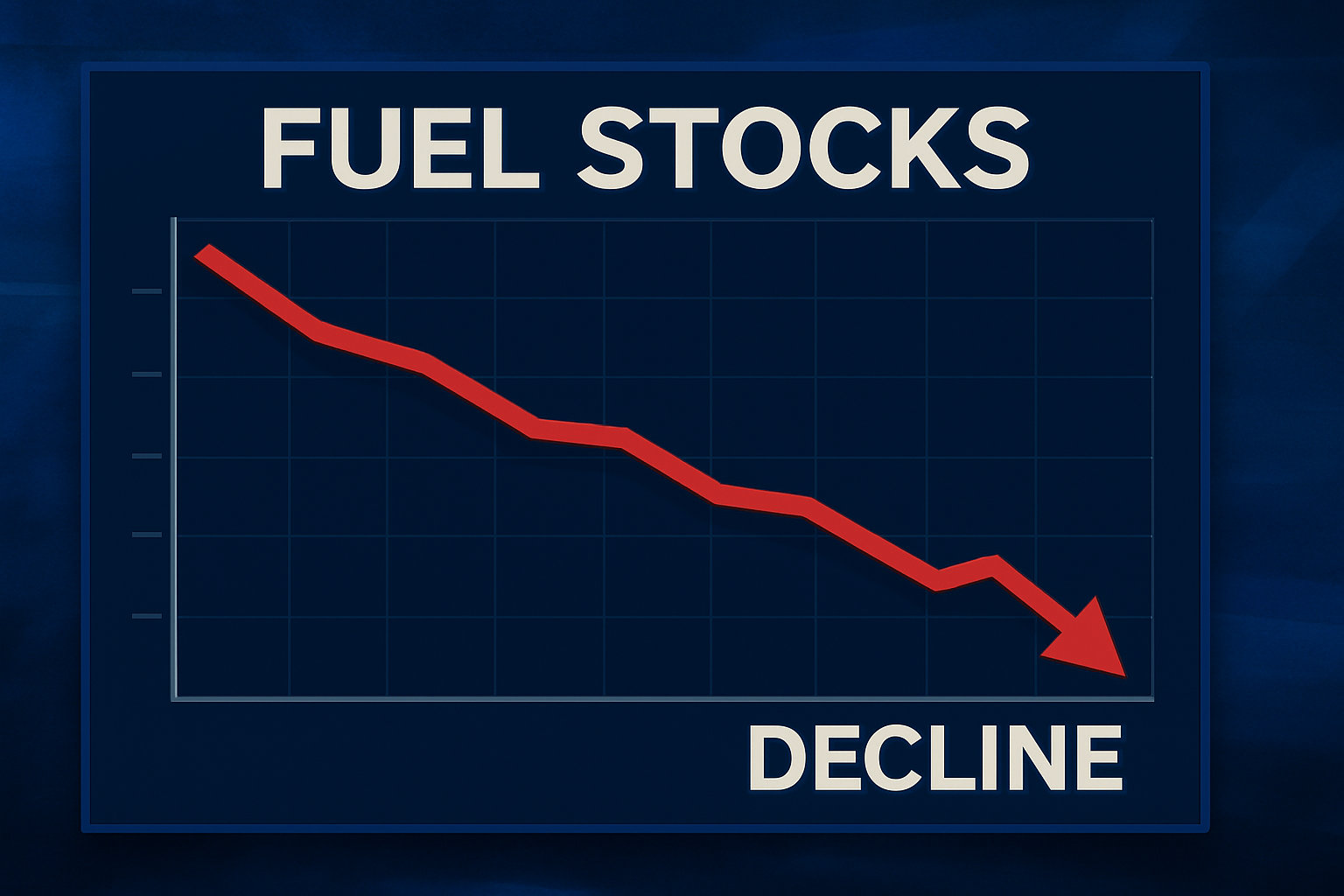
Residents of southern Russia and especially Crimea are reporting a dire situation: gasoline shortages, purchase limits, and even closures of gas stations due to empty reserves. And this time, it's not just rumors. The crisis has been officially confirmed by representatives of the Russian Ministry of Energy and regional authorities.
📉 Several fuel supply routes are no longer
operational — either due to safety risks or
technical disruptions.
🏭 Refineries
are overloaded and unable to meet demand.
🛠️
Simultaneously, planned maintenance works
have begun — at the worst possible time.
💰 And,
unsurprisingly, speculative pricing has
appeared, adding fuel to the fire.
🛢️ What triggered it?
According to officials, recent incidents at fuel infrastructure sites — in Krasnodar Krai, Rostov Region, and Tatarstan — severely disrupted fuel logistics. Although details remain vague, the nature of the disruptions suggests external impact, not just technical failures.
What's
alarming is that this kind of risk is well-known.
In World War II, fuel depots were primary targets.
So why, in 2025, was there no backup supply strategy?
Why were no additional protection measures in
place for critical infrastructure — especially in regions like Crimea?
📉 What does it mean for the country?
Analysts say
this isn't a glitch — it's a systemic symptom.
If fuel is the lifeblood of the economy, then
this shortage resembles a hemorrhage.
Some experts even speculate that certain groups may benefit from this crisis, while ordinary citizens are left waiting in endless lines at the pump.
🧩 Conclusion:
The
situation in Crimea and southern Russia is more than
local trouble — it's a warning siren.
Will lessons be learned?
Or will the next blackout of the pumps happen nationwide?
❓ What do you think —
mismanagement, negligence or the first sign of a larger systemic collapse?
Подписывайтесь на канал, ставьте лайки, комментируйте.
Repressions in the Navy? Or a System Reset: What Stands Behind the High-Profile Sentences
A number rarely appears in the news without consequences: 592 million rubles.
When Washington expected to pressure an "isolated" Iran, the regional landscape suddenly shifted. The surprise did not come from a Gulf monarchy, nor from a Western coalition partner — but from the Taliban, a force the United States spent two decades fighting without achieving a decisive outcome.
Who Controls Orbit: States or Musk?
When the switch is in Musk's hands, states fall silent.
The statement came unexpectedly sharp — even for seasoned geopolitical observers. When Nikolai Patrushev warned that Russia could "strike NATO vessels" in response to attempts to block its tankers, Western media paused. Not because the wording was unusual, but because the message signaled a shift from diplomatic pressure to potential maritime...
Putin is "reviewing." Lukashenko already declined. Xi knows the script. And Trump's "World Council" starts with cracks.

